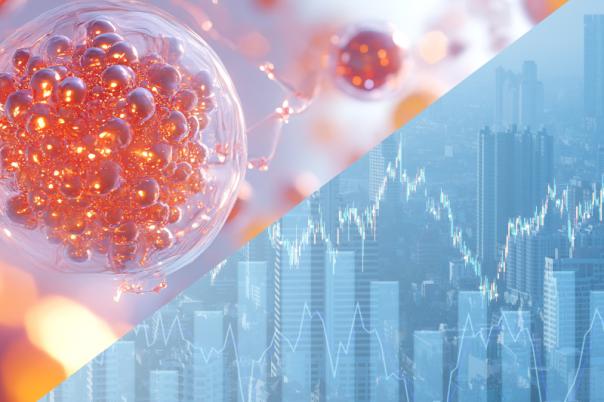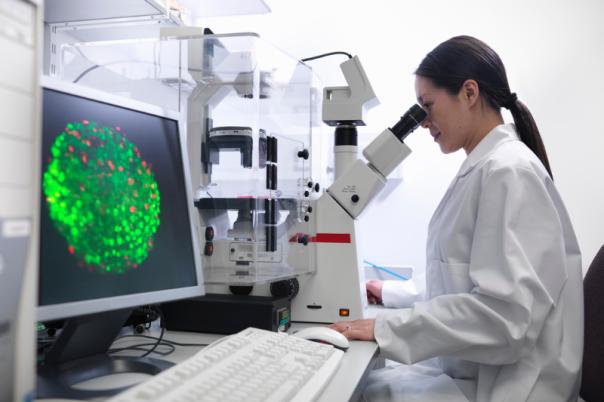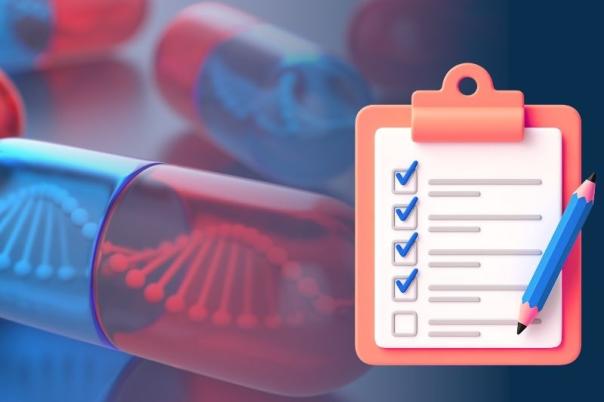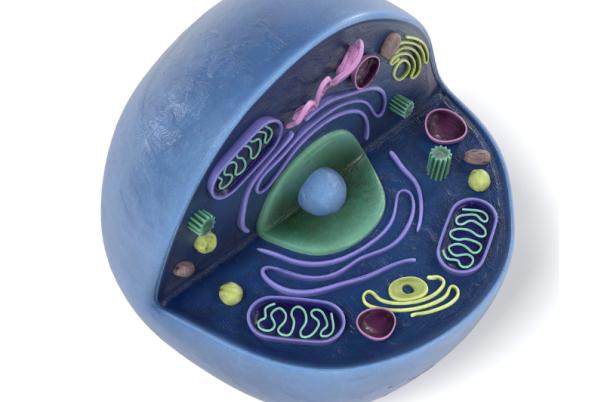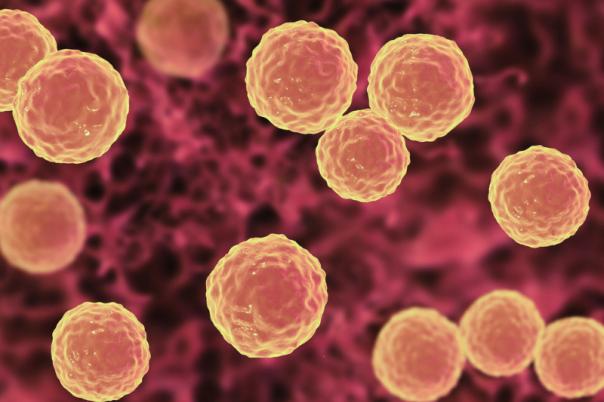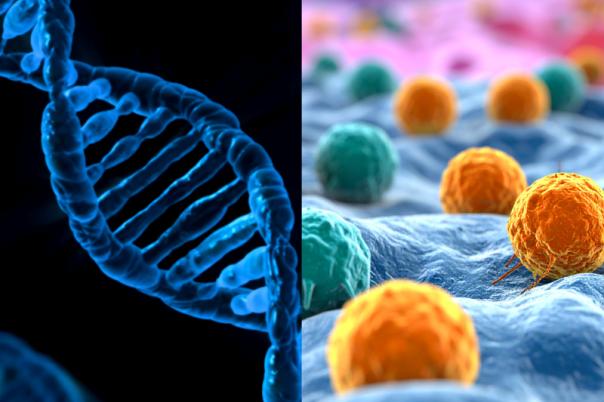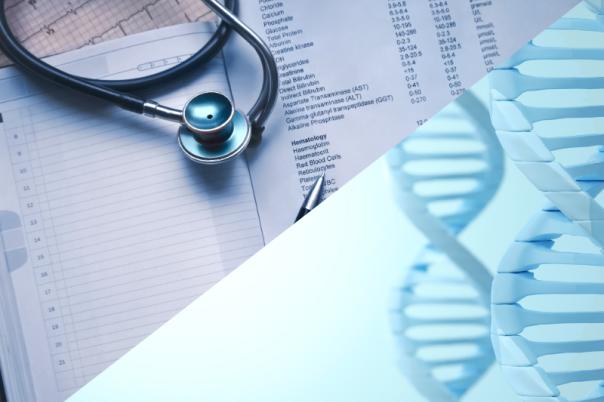BrainChild Bio have announced that their autologous CAR T cell therapy for incurable brain tumours in children has been granted breakthrough therapy designation (BTD) by the FDA.
The CAR T therapy, called BCB-276, targets B7-H3 and treats the incurable pediatric brain tumour diffuse intrinsic pontine glioma (DIPG). DIPG currently affects about 300 children in the US per year between the ages of 5 and 10.
The designation comes after promising results from the BrainChild-03 Phase I clinical trial (NCT04185038) were published in Nature Medicine. That study noted overall survival benefit in patients treated with BCB-276.
BrainChild Bio’s founder and CSO, Michael Jensen said: “Breakthrough Therapy designation gives us the possibility to accelerate the development path for BCB-276 as a CAR T-cell therapy that can potentially transform the treatment of DIPG.”
“This designation is a major milestone for the children and families afflicted with these devastating brain tumors and represents a new paradigm for treating CNS brain tumors in children and adults, including a large number of patients suffering with glioblastomas and brain metastases.”
This BTD means the FDA deemed there was sufficient preliminary clinical evidence BCB-276 may demonstrate substantial clinical improvement over available therapies. The designation grants BrainChild earlier and more frequent meetings with the FDA to discuss BCB-276’s development plan, eligibility for rolling submission, and priority review of its marketing application.
The company are now preparing to bring their candidate to phase II in a multi-centre clinical trial. This will support a potential Biologics License Application (BLA) to the FDA for the treatment of children and young adults with DIPG.

